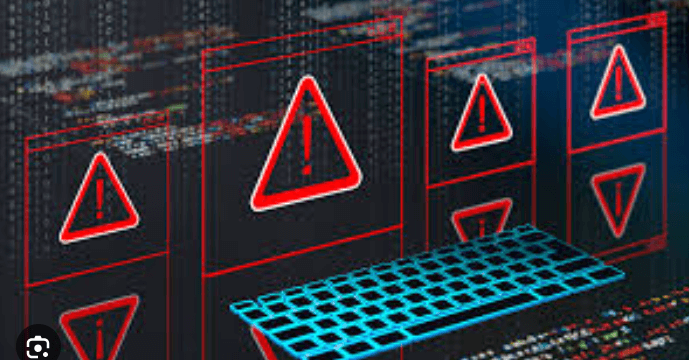How Managed Security Services Help Mitigate Ransomware Attacks

Ransomware attack means a malicious code a third party created to infiltrate to the systems of a business to hijack, encrypt, and steal the data and later bargain for a hefty ransom.
Deadly ransom attacks appear in news from time to time. They range from ransomware attacks from families like LockBit, RansomHub, Akira, Hunters, among others. In 2024, it was BlackBasta ransomware attacks that made headlines.
So the challenge is to install deterrent measures to safeguard enterprise resources and data from ransomware attacks. For this multi-layered controls across on-premises and cloud environments is a priority requirement.
Now the big question is how to bring on board providers of best security solutions to help a client to identify, prevent, detect, and thwart ransomware attacks.
In ransomware attack the ferocity is that the entire business becomes a hostage to a cybercriminal. Consequently, the ramifications turn severe. In a ransomware attack, cybercriminals steal data, encrypt the business’s information, and begin blackmailing the owner ransom for its release.
There is often a dilemma about choosing the right cybersecurity set up. What is viable for me is a big question bothering the minds of all clients. Be it an in-house team or managed security services the crucial point is the capability to deliver first class cloud using the best technology covering deploy firewalls, intrusion detection systems, and seamless security audits.
Value-added services from managed security services
Managed security services are significant for their scalability depending on the threat levels and can readily roll out strong security practices, robust backups, to counter ransomware threats and respond to threat events with least damage.
Ransomware threats cause lasting damage that results in substantial financial losses. Additional expenses often arise from recovery efforts and legal fees.
The primary attack vectors in ransomware are vulnerabilities of the business infrastructure and attackers unleash Remote Desktop Protocol (RDP) attacks, phishing, and even theft of original credentials.
The entry vehicles of ransomware also include malicious advertisements and compromised websites.
Urgency to fight ransomware
The risk of data loss is significant in any ransomware attack. The uncertainty on recovering the data is a serious issue. The disruption can be quite costly for businesses and system crashes and unpredictable downtime will be main casualties.
Compromised customer data after a ransomware attack will harm the reputation of the business and can invite lawsuits for failing to protect sensitive information.
Against this background, steps to mitigate ransomware attacks means having a strong security partner who can facilitate immediate data recovery.
Managed security teams seemed to have an edge in fighting ransomware attacks as they keep an eye on all digital infrastructure including software and operating systems with the latest security patches. They also have contingency plans in place to address ransomware attacks in terms of containment, eradication, and restoration.
Efficacy of managed security services
Regarding managed security services, their focus tightening endpoint security is also significant. They have many advanced endpoint detection and response (EDR) solutions powered by AI that combat ransomware attacks by way of consistent security analysis and rapid incident response.
The use of advanced mechanisms such as enhanced Network Access Control (NAC) filtering out unwanted users with curbs on access to specific networks also reduce the threat scenario about ransomware attacks.
Importance of hiring a strong cybersecurity partner
Additionally, the micro-segmentation features of NAC for a zero-trust architecture allows for intelligent firewalls. Some MSS operators also deploy automated software tools in strengthening Cloud security. One example is CSPM or cloud security posture management that detects various security risks in cloud. It engages a variety of cloud platforms including SaaS, platform-as-a-service (PaaS), serverless code and containers.
CSPM dispenses with the need of any security teams to manually scan clouds for security risks. The automated software will be active in the background, tracking issues including configuration vulnerabilities and compliance risks.
So, the best attributes of efficient managed security services duly qualify to consider them as a reliable security partner for safeguarding cloud assets from all threats including ransomware attacks.
In short
Managed security services help protect businesses from ransomware by watching systems all the time, using smart tools, and acting fast. They make it easier to stay safe, fix problems quickly, and avoid big losses.







